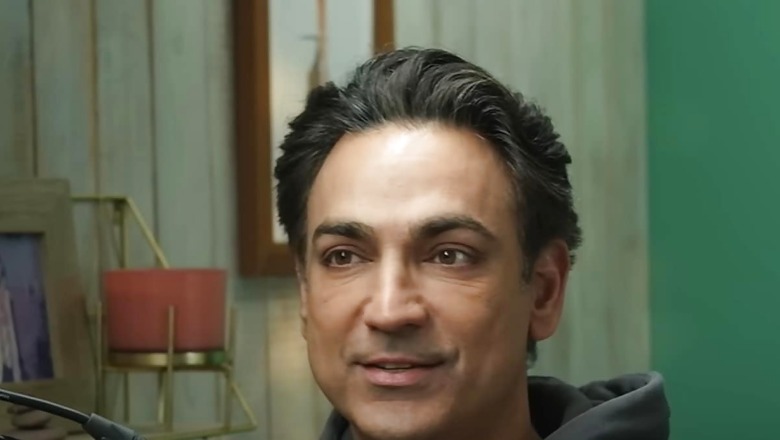
views
What happens after death is a mystery that has long intrigued humanity. There are several defences for the query. If these questions come up in your overthinking sessions, there is an answer for them. Dr Rahul Jandial, a neurosurgeon and neurobiologist, spoke with Dr Rangan Chatterjee on his podcast Feel Better, Live More. According to Dr. Jandial, there is a measurement that demonstrates something quite striking about how the brain dies.
Usually, we assume that a flat line on an ECG indicates there is no longer an electric signal originating from the heart and that you have passed away.
Nevertheless, he went on to discuss brain activity and how it may be detected and observed in a patient’s last moments because of skull surface electrodes.
He clarified that, unexpectedly, you’re not quite gone—yet—after the heart stops because you see the flatline on the cardiac monitor.
As to Dr Jandial’s assertion, your brain continues to function electrically throughout the initial moments following apparent cardiac death.
He added that there was a great explosion of activity in the brain energy, akin to brain waves seen during dreaming or expansive memory.
He said that the brain is experiencing its last, maybe greatest, moments during the initial few moments when our heart stops beating — a period when we have traditionally believed to be dead.
Because of the massive release of neurotransmitters, your brain is essentially experiencing an “explosion of activity." According to the doctor, this indicates that “we should be holding that loved one’s hand longer than we have been."
Dr Jandial said that he explains the science to his patients to provide them with that extra assurance — that when we pass away, the heart “squeezes one last time and then the final ejection of blood… lands to the brain."
Because the blood carries glucose, which temporarily powers the neurons sufficiently, we are given this last shot at life. And it’s just a minute or two.
What is the brain doing at that precise moment? The neurosurgeon stated, “It fires everything in its arsenal and gives you your biggest dream yet."
He likened it to near-death encounters and those who had recovered from the edge.
According to Dr Jandial, this might perhaps explain the claim that their entire existence was replayed in their minds like a film strip.
His explanation that brainwaves resemble those of a dream suggests that dreaming may not be a malfunction after all. He also suggested that brain death may be thought of as one final, intense dream.
In reply, host Dr Rangan Chatterjee said he was “tingling" and that some nurses decide to continue talking to individuals after cardiac death to ensure they aren’t alone during that last stage.
In response, Dr. Jandial stressed that we all had a “genius built in every night for us" and that our “dreaming brain" fosters creativity and tolerance.
He discusses dreaming patterns more in his new book, This is Why You Dream: What Your Sleeping Brain Reveals About Your Waking Life.




















Comments
0 comment